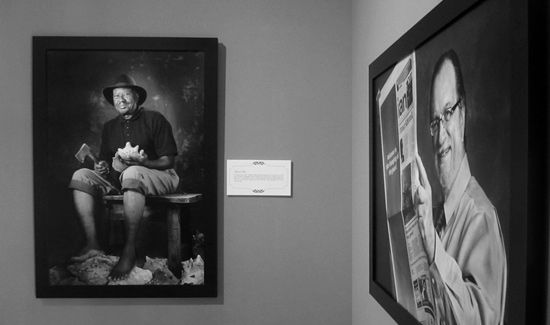 The Bahamas is at a crucial point today; a point where there is an urgent need to charter a future course for the country, as it was in 1973 when we became an independent nation.
The Bahamas is at a crucial point today; a point where there is an urgent need to charter a future course for the country, as it was in 1973 when we became an independent nation.
During the early years the then prime minister had the confidence of the majority of the Bahamian electorate, much political goodwill and a clear mandate for he and his Cabinet to plan for the future development of the country.
An examination of developments in the country in the most recent years indicates that we seem to be following an arbitrary path which suggests the lack of a holistic economic and social plan or road map; a deficiency which one can argue might be responsible for placing us at the cross roads we find ourselves at today.
Over the last few years, we have always turned to examples and lessons from other countries’ development models as we search for the appropriate set of standards to ensure an acceptable level of socio-economic development in The Bahamas. Regrettably, we always seem to lack the political will to carry the “good” examples through, and by not doing so the material benefits which could have accrued to our country have eluded us. After nearly 40 years of independence we are nowhere near advanced-country status in terms of economic structure, nor are we able to deliver advanced-country social services.
We have occasionally heard reference to the Singapore model. Yes, the Singapore model has served the country of Singapore and its people very well and is a good benchmark for us to consider. The success of Singapore had many contributing factors, including a skilled and educated work force, strong discipline and the rule of law, lack of tolerance for non-compliance and a pragmatic, disciplined, experimental, and forward-looking approach to policy. Many of those attributes are in short supply in The Bahamas.
Some of the other elements of the Singapore success story that are still lacking in our country include eliminating corruption of all kinds, including cronyism and excessive influence by vested interests.
Follow the link below to read the entire commentary by CFAL in The Nassau Guardian



